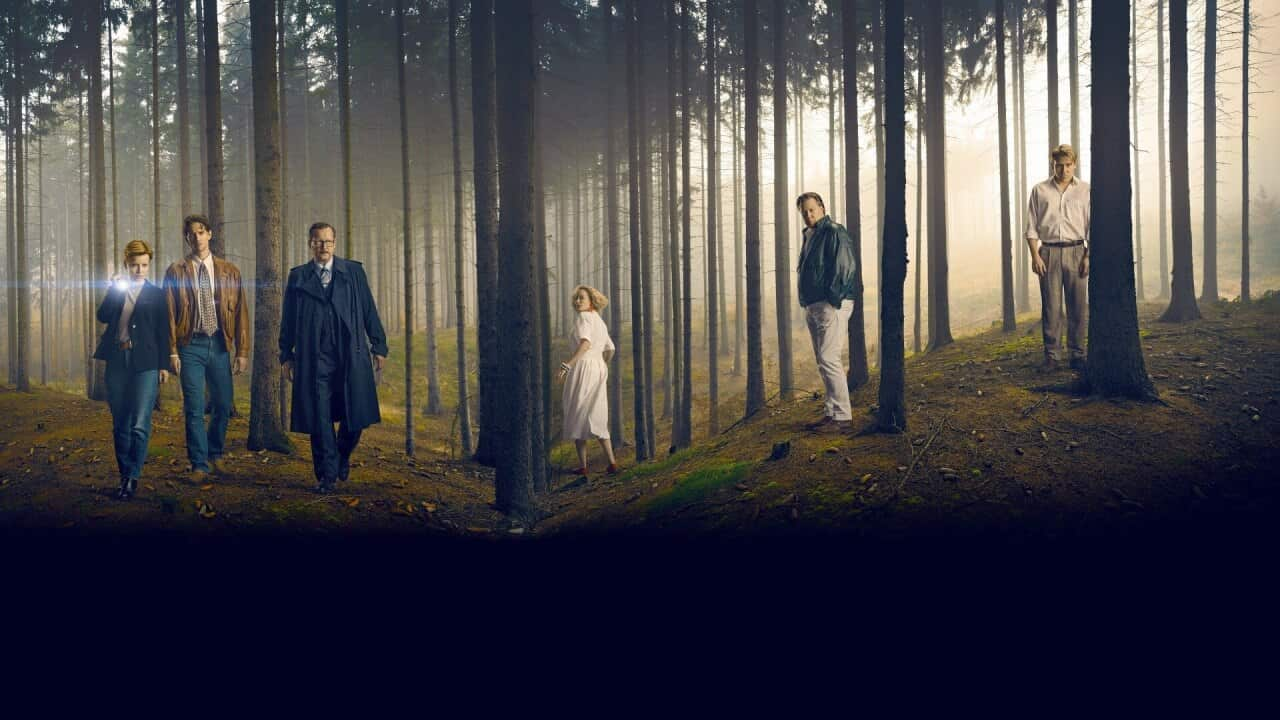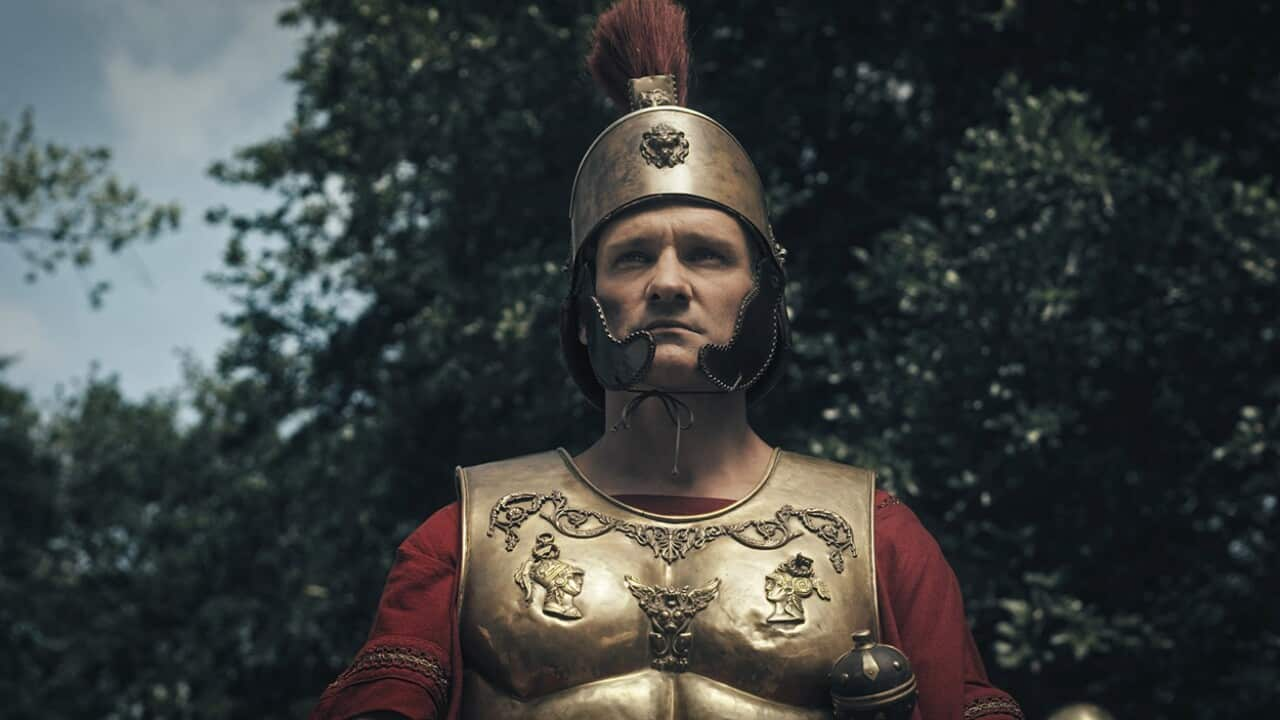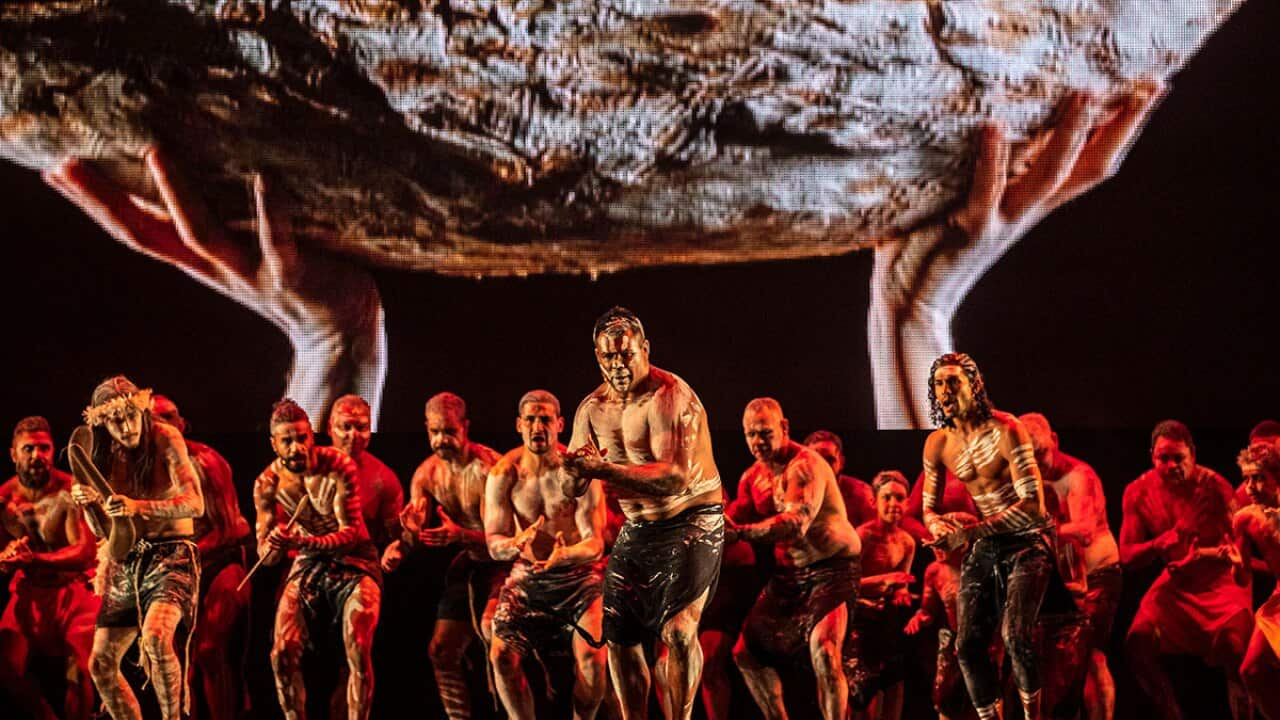Joanie Laurer – known for much of her life as pioneering professional wrestler Chyna – was born into a life of constant wrestling, battling for survival and demanding acknowledgement and respect. In the end, her demons got the better of her, but not before she established herself as a singular, phenomenal wrestling talent.
At nearly six feet tall, sculpted with muscle, Chyna was almost custom-made for the wild world of WWF (World Wrestling Federation). As the documentary Chyna reveals, her rise and exaltation in professional wrestling was grand, and her legacy as one of the greatest in the sport seemed assured, but circumstances and her choices worked against her. Her legacy as an athlete and a WWF icon was sullied.
Chyna is a much-needed opportunity to discover, or deepen your understanding of, a woman who was dedicated to her profession, but unable to deal with the demands on her.
The documentary suggests that while men in WWF are forgiven their sins (drugs, cheating, abuse), women are held to stricter moral standards. Even when women are larger than life, wrestling men twice their size to the ground and relentlessly pounding them into the ropes, the world still wants them to be acquiescent, grateful for their opportunities and apologetic for being women in a men’s world.
Chyna was not.
Born in 1970 in Rochester, New York, Laurer’s home life was blighted by alcoholism and violence. She was clever and resilient though, and her early proclivity for self-reliance and accomplishment was evident in her education.
She left at 16, moving first to Spain then returning to graduate with a degree in Spanish Literature from the University of Tampa. In her early 20s, she took to fitness and bodybuilding competitions and through immersing herself in that world, she became employed in independent wrestling promotions and – eventually – a wrestler.
She was the first woman to hold the WWF Intercontinental Championship, the first to enter a Royal Rumble match and would go on to be inducted into the WWE Hall of Fame (although that, too, ).
Her entry into the WWF wasn’t simple nor painless, though, with Vince McMahon (CEO of WWE) allegedly claiming that nobody would believe a woman could wrestle a man and win. When World Championship Wrestling approached her, McMahon realised it was now or never and employed her within WWF. It was a scenario that would play out through her career. She would have to prove herself, and justify herself, over and over to be given the same recognition and appreciation as her male counterparts.
Between 1997 and 2001, when she exited the WWF, she established what the “a lasting legacy as the most dominant female competitor of all time”. (WWF became WWE – World Wrestling Entertainment – in 2002, , also known as the World Wildlife Fund.)
In the years before she left, she posed twice for Playboy and penned her autobiography, If They Only Knew. Her relationship with Triple H (fellow wrestler, Paul Levesque) had begun in 1996 and ended in 2000, conducted largely in secret to avoid accusations of favouritism or professional conflict. The breakup was surrounded by rumours of infidelity and addictions.
Her subsequent relationship with Sean Waltman ended with her arrest for physically assaulting him in 2005. She publicly admitted to drug and alcohol addiction and mental illness the same year, seeming to be intoxicated and incoherent on TV guest appearances at the time.
It was a downward spiral, and a very public one. And in 2016, at the age of 46, she was found dead in her apartment of an overdose.
Director of Chyna, Marah Strauch, has stripped away many of the opinionated men who tried to define what Chyna’s accomplishments were during her lifetime, then to shape her legacy after death: her ex-lovers, ex-managers, fellow wrestlers and media commentators. The documentary reveals the many catalysts for Chyna’s mental health decline, and the lack of stability in her life during those final years. Her family, her close friends and the colleagues who knew her during her glory days all speak to the woman they knew.
Vince Russo, a writer with WWE during Chyna’s days there, reveals one of the most poignant observations: “I believe she would say, ‘I just wanted to be loved.’ That’s what she was always searching for. It was the love and the approval and the acceptance.”
She didn’t receive all of that while alive, but this documentary goes a long way to righting the wrongs and cementing her status as a legend of wrestling and a pioneering female athlete.
Chyna premieres at 9.30pm, Sunday 30 January on SBS VICELAND.
More from The Guide

‘Chasing Famous’ finds out what it really takes to be an influencer







